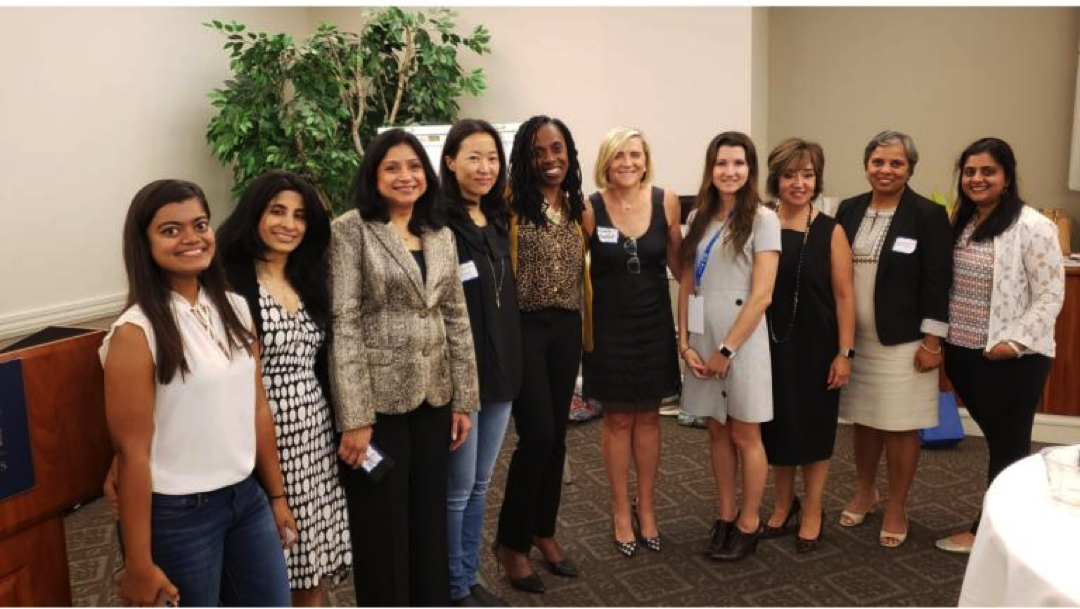Last night I had the chance to attend the FinTech Women’s Career Pathways event as part of FinTech Week Boston 2019. The event was hosted by the Founder of FinTech Women, Jagathi Guruajan in partnership with Suffolk University (with a lot of help from Charu Manglani, and Nikkita Seth). During the event, six women at various stages of their careers shared stories of how they landed in their current roles. While they were all at very different stages in their career, the stories brought out a consequence of the increased pace of technological change that I had not realized before. The rapid rate of change levels technical skill mastery as these people progressed in their careers. What’s new is new, similarly for everyone.
This also puts greater emphasis on the importance of building on transferable skills as we progress in our careers. While the advantage of technical mastery diminishes, the ability to anticipate challenges and risks based on experience and self-knowledge becomes a new source of personal competitive advantage.
In terms of themes, there were several common threads that ran through the stories, generously shared by Kimbery Monty Holzel, Barbara St. Louis, Maithily Erande, Darshini Dalal, Jennifer Hongbo Jiang, and Lynne Marlor – moderated by Catalina Camoscio.
Bravery – Women often present a lack of self-confidence compared to their male counterparts. When experiencing this feeling, all of these women pushed through and did what they knew they needed and truly wanted to do.
Follow Your Curiosity – This was stated directly by some, but implicitly by all of the presenters. They let their curiosity guide them to learn new things, rather than stay in their comfort zones or follow a prescribed path.
Male Support – While women do often face unique challenges that make it difficult to succeed in business, they all recognized that men were not the enemy. The support and encouragement received from male colleagues was often acknowledged and appreciated.
Accept Responsibility – YOU are responsible for your career, and YOU are responsible to ensure your continued lifelong learning. Not your boss, company, or the university you attended.
These points are especially relevant as the pace of change (both technological and macroeconomic) continues to increase. There is no time to make sure we fully understand a topic before pursuing it. We need to bravely accept new challenges even when we aren’t feeling confident.
There also will not be time for an industry analyst to tell us which skills will be relevant ten years into the future. I work with my clients to determine the true motivations that drive decision making in their markets. We call this the Lighthouse, North Star, or Future Shared Vision that will guide them into the future. For individuals, it was clear that this North Star is guided by our curiosity, as the speakers exemplified.
And lifelong learning can only happen if we make it happen. This is something my friend Heather McGowan recently highlighted in a recent Forbes article.
Of course, it wasn’t all serious. While there were many great quotes of the evening, my favorite one was this “I worked with mostly men, and since I fresh out of college they didn’t think I’d know too much technically and didn’t expect much of me. This put me in a great position to become a hacker!”

